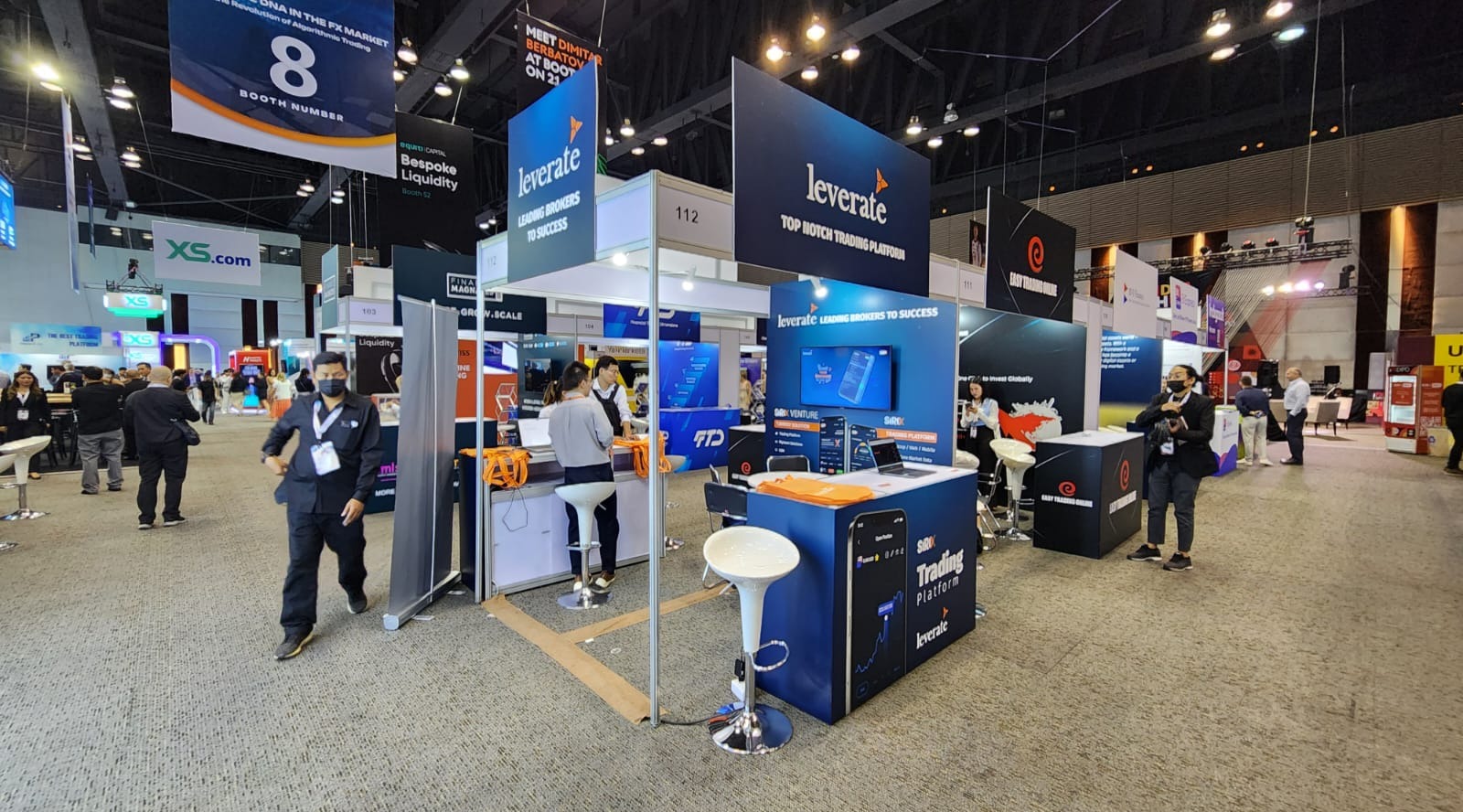The landscape of Asia equities is witnessing significant changes as a slew of key personnel has departed from Goldman Sachs Group Inc. The exits have been noticed in both Tokyo and Hong Kong, as managing directors transitioned to rival banks and hedge funds.
Goldman Sachs Notable Departures in Tokyo and Hong Kong
Fredrik Grunberger, a Managing Director in Hong Kong, along with Tomiyuki Oji and David Williams, Managing Directors in Tokyo, have recently left the company, according to sources quoted by Bloomberg. Oji is reportedly set to join Nomura Holdings Inc.
Meanwhile, Alexis Tsang, named Co-Head of Greater China Equities Sales less than a year ago, moved to Millennium Capital Management. In addition, Jig Patel, the Chief Operating Officer of Asia Pacific prime services, will be leaving Goldman Sachs after 28 years to take up a senior regional role at Izzy Englander's $58 billion hedge fund firm.
The recent exits from Goldman Sachs have come in the wake of Canute Dalmasse's retirement, who served as the firm's Co-Head of Equities Distribution and Execution for Asia-Pacific. Alongside Dalmasse, four other top executives have left the company within the last year. As Goldman Sachs holds a significant number of seasoned professionals in the Asian equities arena, it has increasingly attracted the attention of competitors aiming to acquire skilled experts from the firm.
Goldman Sachs Lays Off Thousands in Fight for Revenue
Despite these significant departures, Goldman Sachs' global equities business still reported better than anticipated revenue of $3 billion in the first quarter. Dmitri Potishko, who was recently named the Co-Head of Global Flow Derivatives and Emerging Markets Trading, now oversees the bank's equities trading in the Asia Pacific region.
Goldman Sachs initiated measures to enhance its financial performance as early as last year when it revealed plans to consolidate its trading and investment banking divisions. Furthermore, the financial services company revealed its intentions to integrate its consumer banking arm, Marcus, into a unified asset and wealth management unit. In addition, the firm has resolved to divest $59 billion in alternative investments due to the excessive negative impact on revenues.
Towards the end of the year, the industry was rife with speculation that the bank planned to downsize its workforce by 4,000 employees, or approximately 8% of its global staff. This information was later confirmed, though the final number of layoffs was set at 3,200.
Furthermore, several other banks announced significant cuts, including Credit Suisse and JPMorgan. Barclays joined the trend in April by disclosing the elimination of 100 full-time positions in its investment banking sector.


















